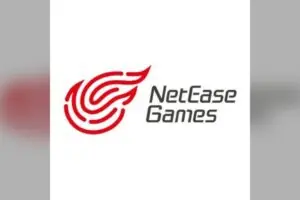Some hate them, others love them; they’re a polarizing aspect of modern game development in the PC scene, and they have either reached for the stars and brought about wonderful worlds (such as Rimworld) or crashed and burned spectacularly in full view of the public (such as Frontiers).
Early-Access titles are cropping up faster than most can even hope to track the development of them, and it’s starting to reach a critical mass on Steam where users are sorting through a litany of titles; some with regular updates and open discussions with the community, and others that are, for all intents and purposes, abandoned.
Yet figuring out which is which within the Steam platform can be a bit of a headache; there are no readily identifiable metrics that informs potential buyers when developers were last active on the discussion forums, and even finding when the last successful update was published can be a massive headache.
Word to the wise: when you’re looking at titles within an Early-Access program, those are the two things that you should immediately find out.
How active they are within the community, and how frequently they are pushing out updates.
Some titles, such as Project Zomboid, can go for months with nary a word from the developer on Steam, and the update timeline has apparently been disabled on the Steam page as well. So all you have to go off of to gauge the purchase for titles that don’t choose to update on Steam is whether the community likes it; those that have been playing through the title to announce that there either is, or is not, merit to be found.
Other titles make full use of the toolbox Valve offers developers with frequent announcements and community interaction, leading to a strong community that bends over backwards for developers; this was seen most recently in Ghost Ship Games Deep Rock Galactic (rock and stone).
There is a wide medium of titles that crowd the Early Access tag, and some are beginning to become frustrated with the cat-and-mouse of trying to figure out which titles are frequently updated and which ones were abandoned a long time ago.
Whether the solution is to have a large segment of the page that states when the last update was pushed out, or some other metric that developers would need to adhere to, it’s vital for Valve to do something to curtail the growing list of abandon-ware that has begun to crowd out legitimate titles on their storefront.
The Early-Access program itself is a fantastic way for meager and eager developers to get their ideas out there and develop some form of community while crowdfunding a title; it just needs a bit of tender love and care from Valve themselves for the market to once again flourish.





